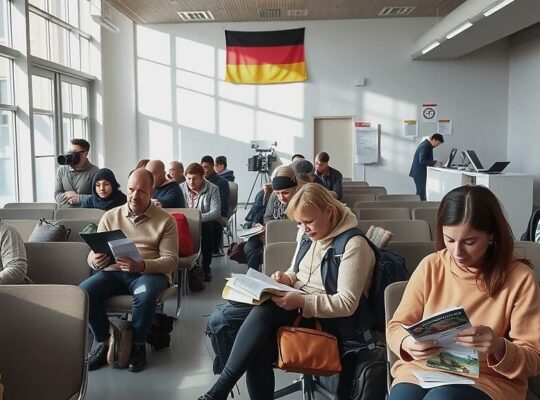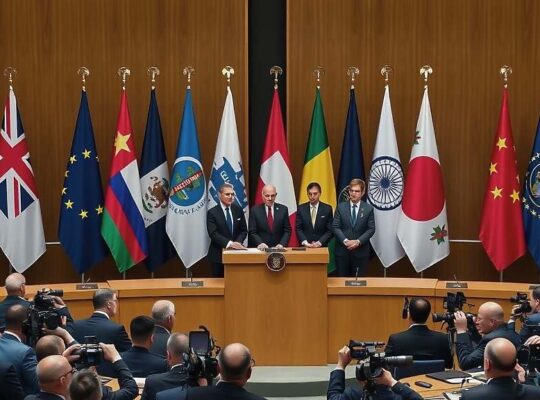The recent killing of a young police officer in Völklingen, Saarland, has reignited a political debate surrounding online hate speech and the defamation of the deceased, prompting a renewed push by the states of Saarland and Rhineland-Palatinate for stricter legal measures. A formal request submitted to the Bundesrat (Federal Council) highlights a disturbing trend of degrading and defamatory content circulating on social media platforms following the officer’s death, including instances where his murder was reportedly celebrated and his memory denigrated.
The proposed legislative change aims to circumvent the current reliance on bereaved families filing criminal complaints. Instead, prosecution could proceed “in the presence of a particular public interest” even without direct involvement from the victims’ relatives. Furthermore, the proposal suggests allowing the deceased officer’s last superior to file the complaint on behalf of the family, a significant shift in prosecutorial procedure.
This initiative isn’t new. It echoes a previous attempt stalled during the previous legislative period due to the dissolution of the “traffic light coalition” government. The original impetus for the legislation stemmed from the murders of two police officers in Kusel, Rhineland-Palatinate, which, according to the proponents of the bill, were “celebrated in certain circles”. Critics argue that such actions underscore the increasingly polarized and toxic online environment facing law enforcement.
The tragedy in Völklingen has injected “sad topicality” to the resubmitted draft, forcing a renewed examination of the legal framework surrounding online expression and accountability. The move is likely to face scrutiny, with debates anticipated around the scope of “public interest” and concerns raised about potential infringements on freedom of speech. However, the proponents emphasize the critical need to protect the dignity of victims and deter further instances of online vitriol and celebratory condemnation of acts of violence against public servants. The debate highlights the ongoing challenge of balancing freedom of expression with the responsibility to safeguard public order and respect for the bereaved.












